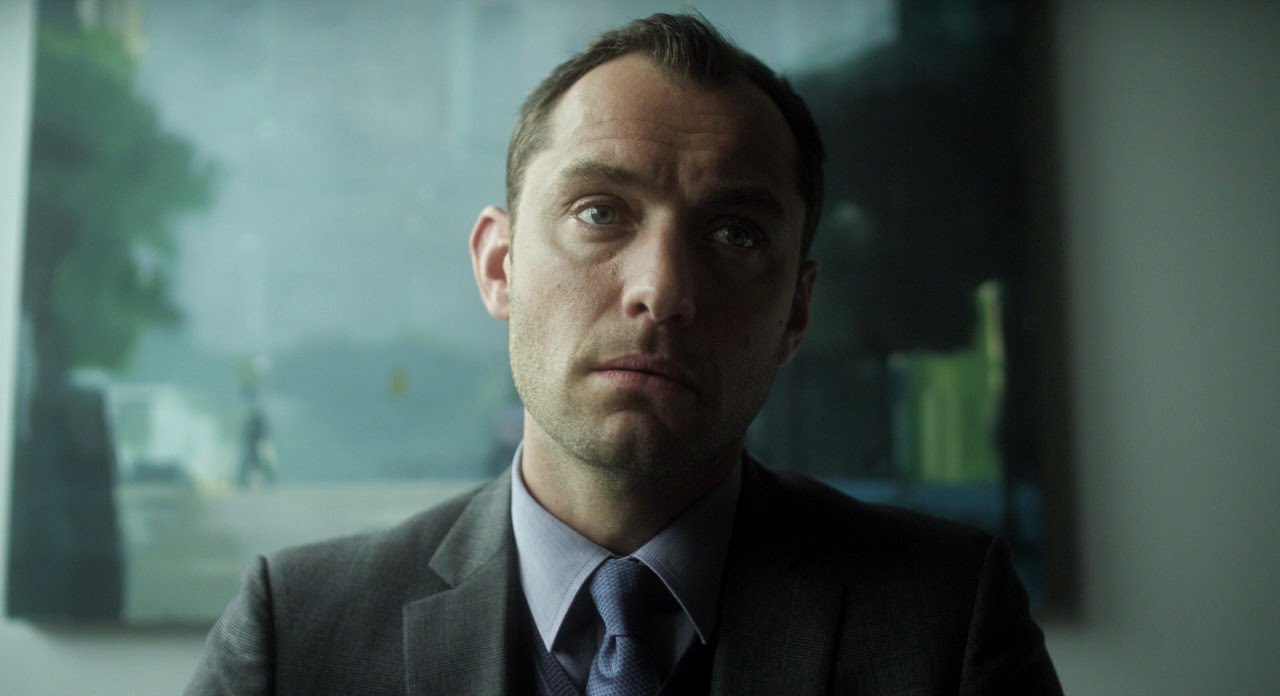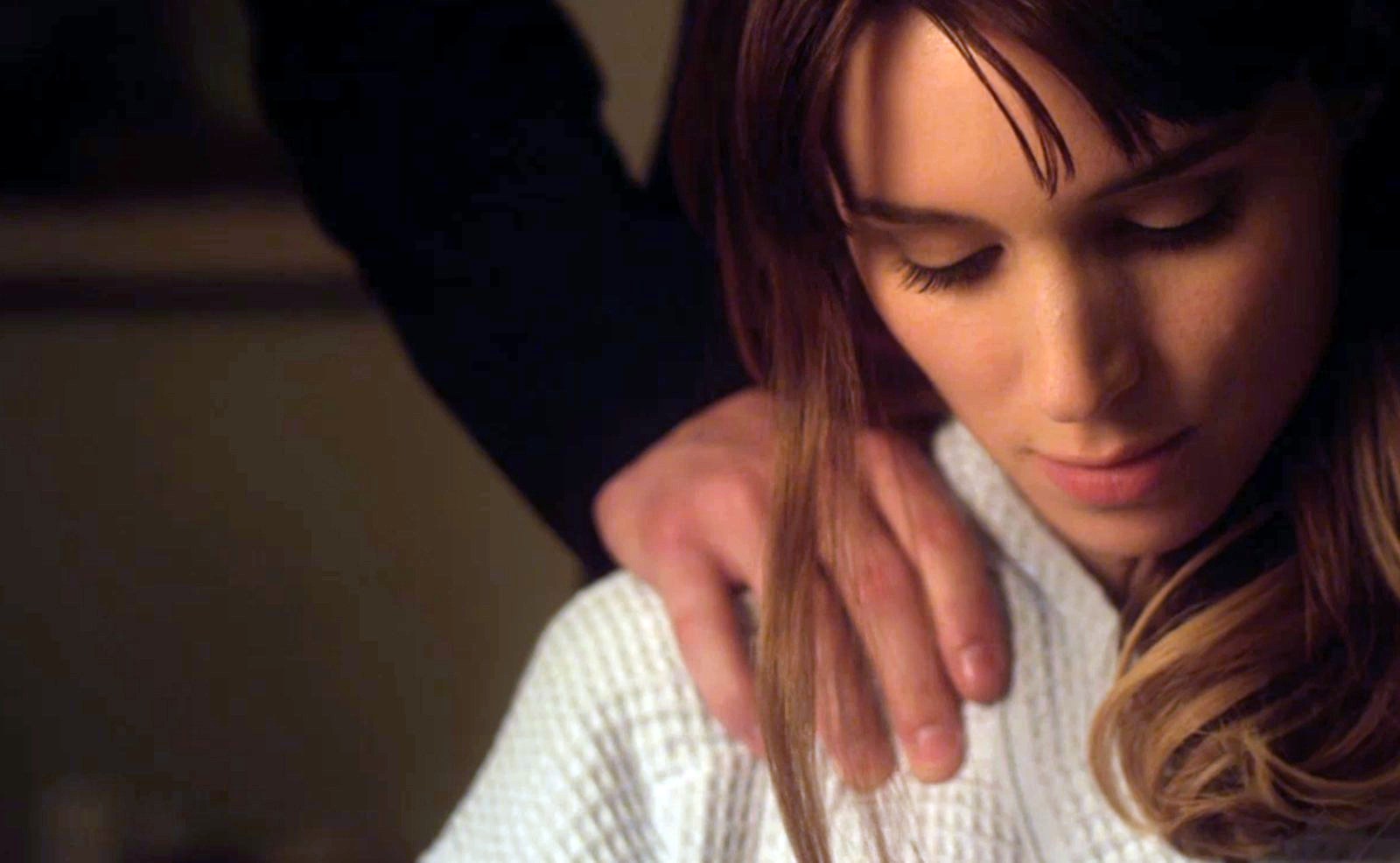
The latest decade–the one we are currently in–in cinema has been marked by a new edginess in its narrative tone: now that film has well passed the century mark as a cultural product, and thanks to incredible technical advancements in recent years, more films are being produced on their own terms and on smaller budgets while retaining the high quality that decades-earlier efforts would have had to spend millions on to achieve–if these stories reached the production stage at all.
And every genre has seemed to benefit in this decade from these advancements (of either time, technology, or what’s being allowed on-screen these days).
The films on this list also include a number of films from around the world: South Korean, French, and German films appear on this list, and as the world seems to get smaller and smaller thanks to technological advancements, it seems our cultures are getting closer and closer to each other so that the cultural product of film from every corner of the world now enter markets they may have never appeared in before.
And the thriller genre seems to be a universal one, where the base human emotion of fear, anxiety, and apprehension translates across language and cultural barriers. Some may be obscure, but many of them easily found on popular streaming services, so if you’re looking for a contemporary thrill here are 10 totally awesome thrillers from the 2010s (so far).
1. I Saw the Devil (2010)

A man’s fiancé is brutally murdered and dismembered by a psychopath; after finding out who the killer is, the man (who happens to be a highly trained secret service agent) vows to take revenge and begins to stalk his prey as the line becomes blurred between hunter and hunted in the violent revenge thriller I Saw The Devil.
What carries this film and ratchets up its tension is the emotional connection the viewer makes to the wronged man, whose anger and sadness push him to extreme acts of violence toward the killer of his fiancé.
Along the way, the audience watches incredibly graphic scenes of violence and depravity from both the serial killer and eventually the vengeful man. The only relief from watching the vengeful man’s descent into this madness is that the killer deserves everything that happens to him, and even then it only serves to show that violence only begets more violence.
South Korea has been producing some of the best revenge and horror films over the past 15 years, and director Kim Je-woon is one of the country’s leading directors. Although the story is a relatively simple cat-and-mouse game, Je-woon’s controlled, stylish direction makes this film more than just a gore-filled revenge thriller (which it is) and make it a compelling thriller whose stakes are continually raised up to the finale.
2. Buried (2010)

A civilian truck driver working in Iraq (Ryan Reynolds) wakes up to find himself buried alive in a wooden coffin. With only a flashlight and a cell phone, he receives a call from his kidnappers stating that a $5 million ransom must be delivered by that evening or he will be killed. He calls the state department, who assures him that while they won’t pay the ransom they will rescue him.
What follows is a tense, claustrophobic thriller as the situation goes from bad to worse as he is contacted by the kidnappers–who have also taken some of his co-workers hostage–who begin to execute them while sending him the videos of their demise. Sand begins to seep into the box, the US government assures him that they are on their way, and time begins to run out for this buried hostage.
Filmed on just a $2 million budget, Buried made its money back ten times over, with critics highlighting Reynolds’ performance and the intensity of the premise as two driving forces of this thriller. Roger Ebert even compared director Rodrigo Cortés’s work on this film to Alfred Hitchcock’s. A suspenseful thriller taking place in a nightmare situation for anybody, Buried is a taut thriller that preys upon its audience’s primal fear of being trapped with no escape as the walls close in.
3. Martha Marcy May Marlene (2011)

A young woman, Martha (or is it Marcy May?), flees early one morning from the farm on which she lives and shows up at her estranged sister’s house after disappearing for two years. Martha displays odd behavior that troubles her sister and grates on her husband: she sleeps constantly, seems deeply traumatized, and has inappropriate boundary issues. But she refuses to tell anyone what had happened to her.
Only in flashback is the audience made aware of what’s become of Martha: she had joined a cult that sexually abused her as part of their indoctrination, was given a new name (Marcy May), and was then kept isolated from the outside world while being absorbed into the cult’s groupthink.
Her story unfolds in two separate narratives, where her increasing paranoia of being found by the cult after her escape and difficulty adjusting to the outside world in the present is contrasted by flashbacks of her life in the cult that detail how its disturbing practices and beliefs has warped her present state of mind.
As she begins to suspect the cult’s leader is closing in on her current location, the narrative that follows her past life in the cult reaches a violent crescendo that eventually motivates her to run away. But she may not have run far enough…
Upon its release, Martha Marcy May Marlene was critically acclaimed, in particular the performance of newcomer Elizabeth Olsen (Mary-Kate and Ashley Olsen’s younger sister) as the traumatized cult survivor Martha, which is both naturalistic and affecting.
The suspense comes from not knowing what the next flashback will reveal, along with how this new information colors the audience’s understanding why she seems so disturbed in the present. A sinister, chilling thriller, Martha Marcy May Marlene shows how the past can haunt the present and end up endangering one’s future.
4. Compliance (2012)

The manager of a fast-food chain receives a phone call from a police officer, who tells her that an employee at her location has stolen a customer’s purse earlier that day.
The officer says that he’s presently searching the suspect’s apartment and the manager whittles down possible suspects and names of the employees currently on-duty. A worker named Becky (Dreama Walker) is identified based on a description and name provided by the manager to the officer, who orders her to detain Becky in the back office.
From there, the “officer” on the phone directs the manager to strip-search Becky. Eventually the manager’s boyfriend, who she calls in to guard Becky, takes over, and the film depicts one disturbing turn after another as the audience begins to wonder how far people will go to comply with a faceless caller who claims to be an authority figure.
Based on a horrifying true story, Compliance opened to controversy: during its premiere at the Sundance Film Festival, there were walk-outs in the audience during the screening and an eventual shouting match occurred during the Q&A that followed, with people outraged at the forced strip search and other unsavory acts that occur in the film.
Its roots in real life (safely changed to the fictional restaurant ChickenWich, in fact the film’s plot was inspired by a similar incident at a McDonald’s in 2004) makes the film a disturbing study of how–with no evidence or even physical appearance–people can be convinced to follow the directions of a supposed authority figure based solely on a stranger’s word alone on the phone and how far they will follow direction no matter how awful and absurd the demands.
5. Side Effects (2013)

Emily (Rooney Mara) attempts suicide just as her husband is about to be released from prison for insider trading; her current psychiatrist, Jonathan Banks (Jude Law), puts her on an experimental drug at the suggestion of Emily’s former psychiatrist. The side effect of this drug is sleepwalking but is otherwise seems to help with her depression. Then one night she stabs her husband to death.
Acquitted by taking the insanity defense, Emily is instead placed in a psychiatric hospital while Dr. Banks’s reputation is tarnished by his supposed negligence. But he begins to suspect Emily had faked both her suicide attempt and mental illness and begins to investigate what she could gain from such a complicated deceit. As the mystery unravels, so does Banks’s own life, and he is faced with being the doctor to a patient that may be much more disturbed than she seems.
This Hitchcockian thriller, directed by Steven Soderbergh, is a psychological bit of puzzle-work strengthened by an excellent performance by Rooney Mara and the director’s signature sophisticated style.
Keeping the audience in the dark and guessing along with Banks’s character throughout, once the complicated game being played is revealed, with a lie bearing out the truth, the tables are turned on a character driven by greed and one that displays a shocking lack of remorse. It’s a satisfying thriller from a master of the craft, slick and smart like much of the director’s work.